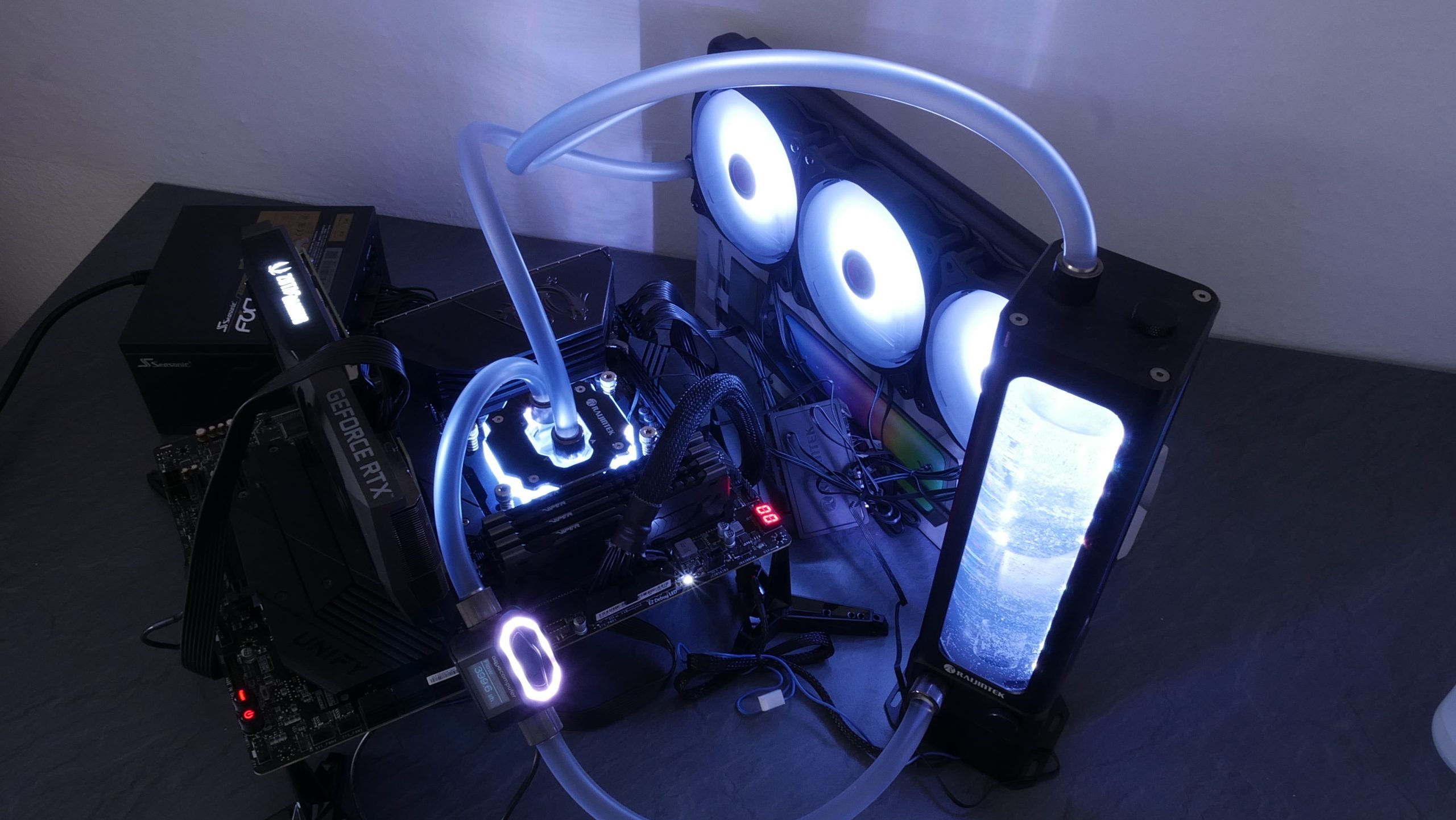phaZed
Well-Known Member
- Reaction score
- 3,156
- Location
- Richmond, VA
So, I rarely get bad CPU's - and the general consensus is that the CPU generally doesn't go bad.
Well, last week I got three computers in with no boot issues.
I diagnosed one as being the CPU (I have a 5000 series AMD to test with):
Dead 5800x, replaced.
The other two I ordered boards for, assuming it was that (And I don't have and Intel 1700 CPU's or Ryzen 7000 series).
The new boards didn't fix them - same no boot issues as before. Yes, it's all different PSU, outside of case running barebones.
So, now I'm looking at a dead Intel i5-13600K and a dead Ryzen 7 7700x, along with the dead 5800x! All in one week! And I'm sitting on a bunch of boards with no CPU's lol.
I've had a handful of bad CPU's over my 12ish years in business (one of those being my own 5950x a year or two back).. but I've almost doubled that number last week. Crazy. Anyone else having a similar experience?
Well, last week I got three computers in with no boot issues.
I diagnosed one as being the CPU (I have a 5000 series AMD to test with):
Dead 5800x, replaced.
The other two I ordered boards for, assuming it was that (And I don't have and Intel 1700 CPU's or Ryzen 7000 series).
The new boards didn't fix them - same no boot issues as before. Yes, it's all different PSU, outside of case running barebones.
So, now I'm looking at a dead Intel i5-13600K and a dead Ryzen 7 7700x, along with the dead 5800x! All in one week! And I'm sitting on a bunch of boards with no CPU's lol.
I've had a handful of bad CPU's over my 12ish years in business (one of those being my own 5950x a year or two back).. but I've almost doubled that number last week. Crazy. Anyone else having a similar experience?

